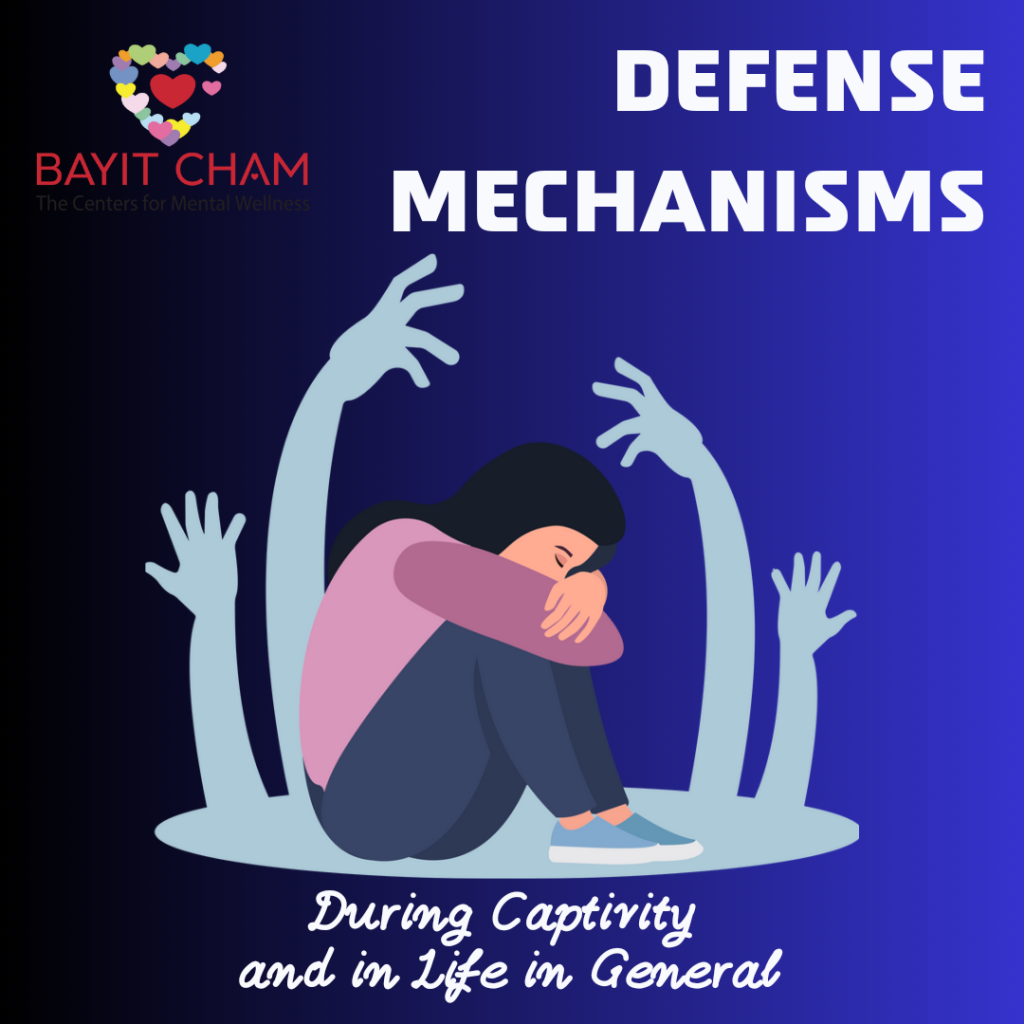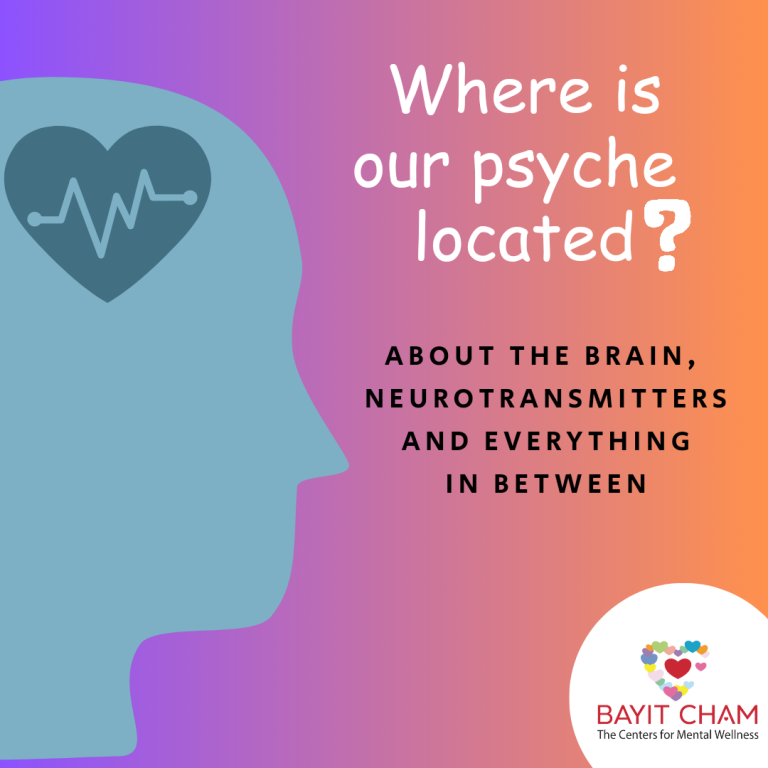How moving is every piece of news about the release of hostages! You surely tried to imagine what they went through—whether they received food, had air, were alone, how they were treated (in every aspect), and how they coped with fear.
And suddenly, we see a picture of them, and to our delight, they appear smiling, clean, and well-groomed. So, was our worry in vain? 🤫 Absolutely not! This says nothing about their mental state, and it is important to know: the smiling pictures only reflect the momentary joy of escaping a threatening situation and returning home, meeting their loved ones, and receiving love from an entire nation.
So, how did they cope with existential fear and the harsh, prolonged reality? Probably, among other ways, with defense mechanisms that worked hard around the clock.
A “defense mechanism” is a term coined by Sigmund Freud, the father of psychoanalysis, describing an unconscious mental process aimed at protecting oneself from anxiety, pain, or coping with difficult experiences that threaten mental stability. All humans use defense mechanisms in certain situations as they are necessary for adapting to reality, coping with challenging experiences, and allowing one to continue functioning with calm and balance without “touching” the mental pain.
There are several types of defense mechanisms, including “repression” (for example, when we don’t want to talk about something sad and “forget” it), “denial” (so unimaginable that unconsciously, we convince ourselves and believe it didn’t happen), “displacement” (for example, venting frustration and anger not on the one who made us feel that way but on others we feel safe with who won’t do anything to us if we get angry at them), and more.
Another mechanism mentioned by Freud, which later received the term Stockholm syndrome, is identifying with the aggressor, in relation to captivity, and extended to other abusive and traumatic victim situations. When a person is with the aggressor for a long time, they begin to know them better and even form an attachment to them. It is easier to cope with than feeling the anxiety and painful truth that this person is harming them. They can understand why they were hurt, protect the aggressor, and again unconsciously, prefer to identify with the aggressors and feel like them—strong, rather than being a weak victim.
Defense mechanisms help us protect ourselves from immediate distress, but over time they can cause severe functional and emotional damage as they require a lot of resources and energy and distort the perception of reality and thinking.
An interesting mechanism that actually leads to efficiency in a threatening situation is “sublimation”—using internal impulses associated with aggression and anger, for example, and releasing them in a more refined way. For instance, hostages who took it upon themselves to care for others in captivity, obtain things for them, negotiate with the captors, etc. Some of them reported that this was a coping method that helped them maintain their sanity.
So, it won’t be simple for those returning home. Treating and adjusting their defense mechanisms will take time. We believe they will still succeed in feeling more joy and less pain.
We wish everyone mental and physical wholeness and pray for the safe return home of every single one of them❤️






